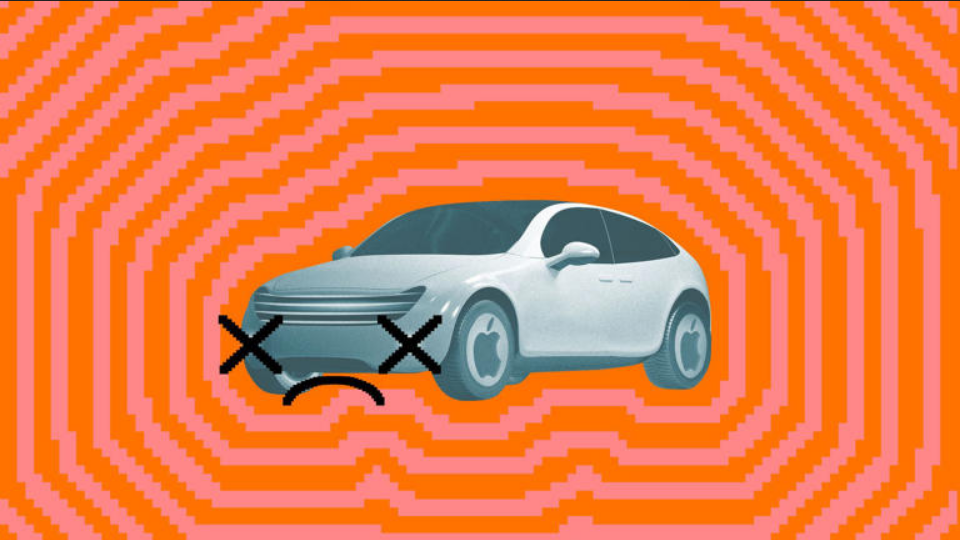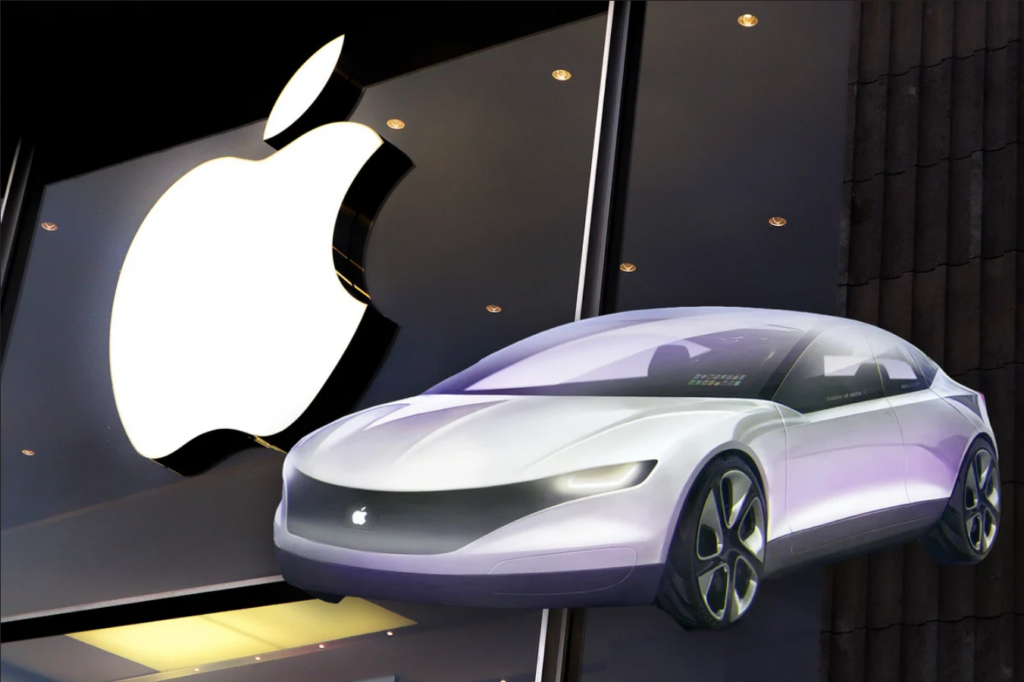Apple’s highly anticipated driverless car initiative, dubbed Project Titan, has been shelved without any formal announcement from the tech giant. Despite nearly a decade of development, Apple remained tight-lipped about the project, leaving fans and industry observers in the dark.

Project Titan was no secret to the outside world, evident from Apple’s hiring in the automotive industry and public testing of self-driving cars. However, the company maintained an aura of mystery around the project. When questioned about it during an investor call in 2016, CEO Tim Cook responded cryptically, comparing it to the excitement of Christmas Eve and hinting that anticipation would continue.
However, recent revelations from Bloomberg’s Mark Gurman confirm that Apple will not be pursuing the production of a car, dashing the hopes of enthusiasts envisioning a Jony Ive-designed roadster. Yet, Apple’s interest in automotive ventures dates back further than initial reports in 2014. Tony Fadell, founder of Nest and former Apple executive, disclosed discussions with Steve Jobs about an Apple Car as early as 2008.
Despite enthusiasm for the idea, Fadell and Jobs concluded that Apple was too preoccupied with other ventures, including the recent release of the iPhone and impending launches such as the iPad, Siri, and expansion into services. Fast forward six years, and Apple’s position has changed. With a burgeoning product lineup and soaring profits, the company sought new avenues for growth. As the most valuable company globally, Apple eyed the automotive industry as a potential arena for disruption. With successes in smartphones, tablets, and wearables, a move into automobiles seemed logical.
However, Apple’s ambitious plans encountered numerous obstacles over the next decade. The company aimed to develop a fully autonomous vehicle with a groundbreaking design, setting exceptionally high expectations. This approach proved challenging, even for a company accustomed to innovation. Apple’s decision to pursue full autonomy from the outset, rather than a more modest electric vehicle with autonomous features akin to Tesla’s models, exacerbated the project’s difficulties. The automotive industry’s ongoing struggle to achieve full autonomy underscored the magnitude of Apple’s endeavour.
The company’s optimism in 2014 stemmed from previous triumphs in disrupting various consumer electronics markets. However, the complexities of the automotive industry proved far greater. Despite its vast resources and technological prowess, Apple found itself overwhelmed by the challenges inherent in automotive manufacturing and autonomy. Moreover, internal indecision and escalating costs further hindered the project’s progress. Ultimately, Apple’s hubris, combined with the inherent difficulties of the auto market, led to the demise of Project Titan.

The failure to bring an Apple Car to market represents a setback for CEO Tim Cook, who sought to emulate the success of Steve Jobs’ revolutionary products. While the Apple Watch and AirPods have achieved significant success, a car would have marked a more substantial leap into a new industry. Moving forward, Apple must explore alternative avenues for revenue growth. While the company has various projects in the pipeline, including augmented reality glasses, advanced AirPods, and foldable iPads, none possess the revenue potential of an Apple Car.
As Apple navigates its next steps, it faces the challenge of identifying a product or industry capable of delivering the same level of impact and revenue as a car. While opportunities exist, they may not match the transformative potential of the automotive sector.





